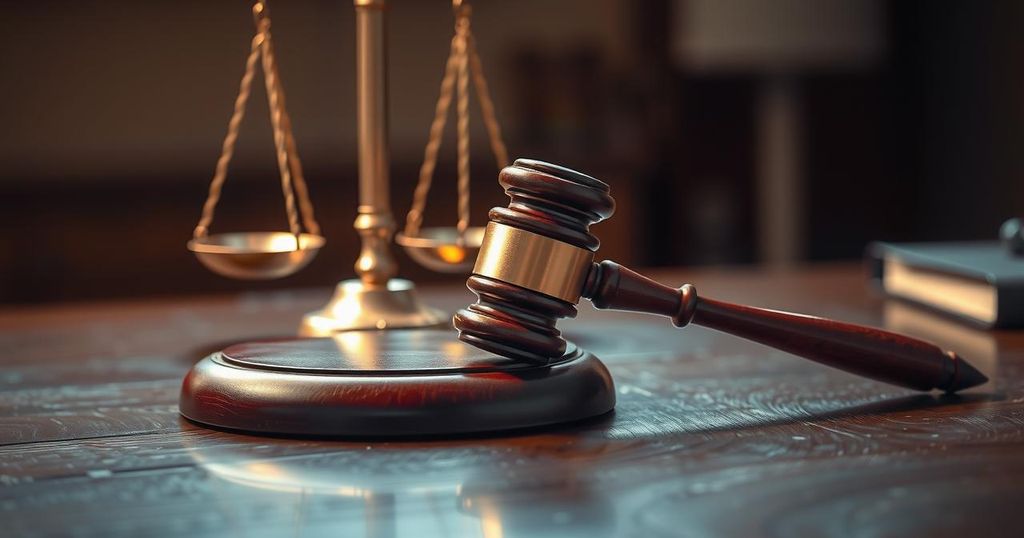The I.C.C. Arrests Duterte Amid Jurisdictional Controversies

Rodrigo Duterte, former president of the Philippines, was arrested based on an I.C.C. warrant amid debates over jurisdiction. The I.C.C. launched an investigation in 2018 concerning alleged crimes against humanity tied to Duterte’s anti-drug campaign, which reportedly resulted in 30,000 deaths. Despite the Philippines’ withdrawal from the Rome Statute, I.C.C. judges claim jurisdiction over actions before the exit.
Rodrigo Duterte, the former president of the Philippines, has been apprehended under a warrant issued by the International Criminal Court (I.C.C.), despite ongoing debates concerning the I.C.C.’s jurisdiction. This event marks a significant moment as the legality of the court’s authority over the case will be closely monitored.
The I.C.C. initiated its investigation into Mr. Duterte in 2018, citing allegations of crimes against humanity related to his administration’s harsh anti-drug campaign. Reports from human rights organizations indicate that approximately 30,000 individuals, including minors and innocent civilians, have perished as a result of this crackdown, attributing these deaths to police actions, hitmen, and vigilantes.
The I.C.C. operates under the Rome Statute, a treaty endorsed by 125 nations. Following the initiation of the investigation, Mr. Duterte announced the Philippines’ withdrawal from the treaty, formalized in March 2019. His legal representation argues that the arrest lacks legitimacy due to this withdrawal, but I.C.C. judges assert jurisdiction based on the timeline of alleged offenses occurring prior to the country’s exit from the treaty.
In conclusion, Rodrigo Duterte’s arrest underscores the complex legal dynamics of international jurisdiction surrounding the I.C.C. Although the Philippines officially withdrew from the Rome Statute, the court maintains authority over actions prior to the exit. This situation could set a precedent regarding the I.C.C.’s jurisdictional limitations and its capacity to address allegations of egregious human rights violations.
Original Source: www.nytimes.com







